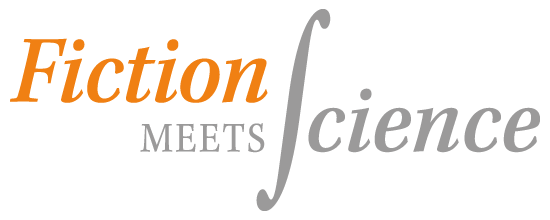Science and its Applications: Negotiating Human Enhancement across Media
The conceptual boundary between “pure” science and its applications and technologies is still prevalent in science discourse. While some consider this boundary a helpful and productive distinction, others argue that “science” always already implies interaction with nature and society. The latter perspective productively opens the view to a wider context in which, especially in contemporary society, science and technology do not exist as separate fields, as the boundaries between them have blurred or even dissolved.
One of the key sites of these intersections between science, technology, and their socio-cultural contexts is the field of human enhancement and augmentation. Here, the promise of a ‘better life,’ on the one hand, and breakthroughs in areas such as medicine, biology and engineering, on the other, create a mutually reinforcing dynamic that contributes to an ever-increasing entanglement between research, technological developments and societal discourse. Challenging the very nature of what we conceive of as “nature” or “human”, developments in this field have also regularly fueled (and been fueled by) the technoscientific imaginary articulated in different medial formats, ranging from literary renderings of bodily enhancement to virtual augmentation of reality.
The complex connections and contradictions between science and its applications are particularly visible in the field of human enhancement and augmentation. The field both informs and is informed by a variety of collective imaginaries in which it is the nodal point for discourses on scientific and technological progress as well as on the social responsibility that comes with it. Research in the field responds to the impulses and demands from society at the same time that it provokes our fears and anxieties in a most dynamic and sometimes volatile way, confronting us with the question of how we (have come to) conceive of ourselves as humans: Some consider recent scientific explorations of bodily modifications
that seem to transcend the limitations of human embodiment promising contributions to the ongoing optimization of society, others observe these developments with skepticism. In Western culture in particular, there is a prevailing dialectic that perceives the body as simultaneously dispensable and in need of improvement. As Sherryl Vint notes, a return to a notion of embodied subjectivity is essential to the articulation of the ethical implications of these technologies (Bodies of Tomorrow 8).
The field of human enhancement thus requires exploration not only from the perspectives of the sciences and engineering, but also from those of social, cultural, and literary studies. In this workshop we will explore cultural forms of negotiating human enhancement--including the roles of science and technology--and their projections of “the human” into the future.
